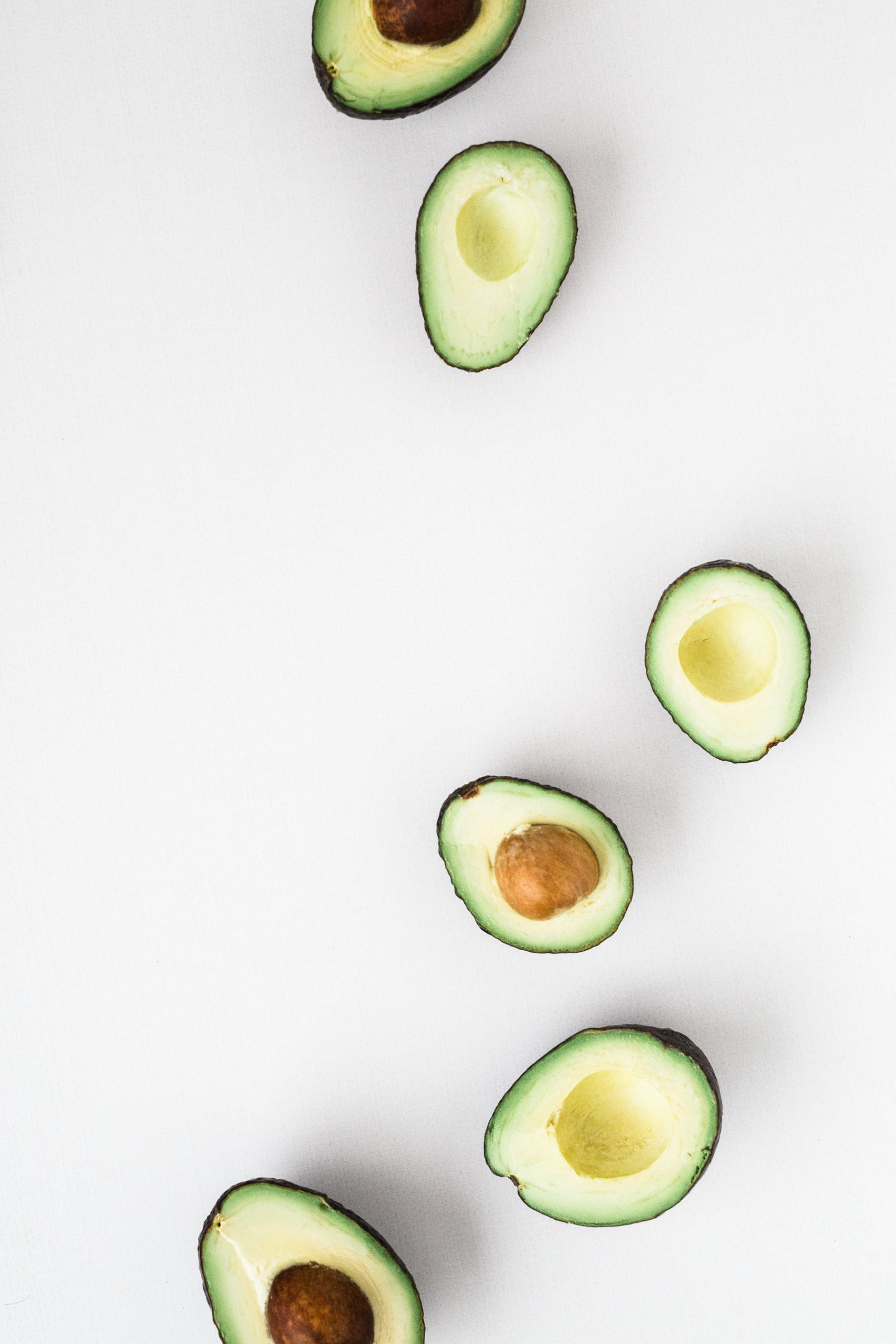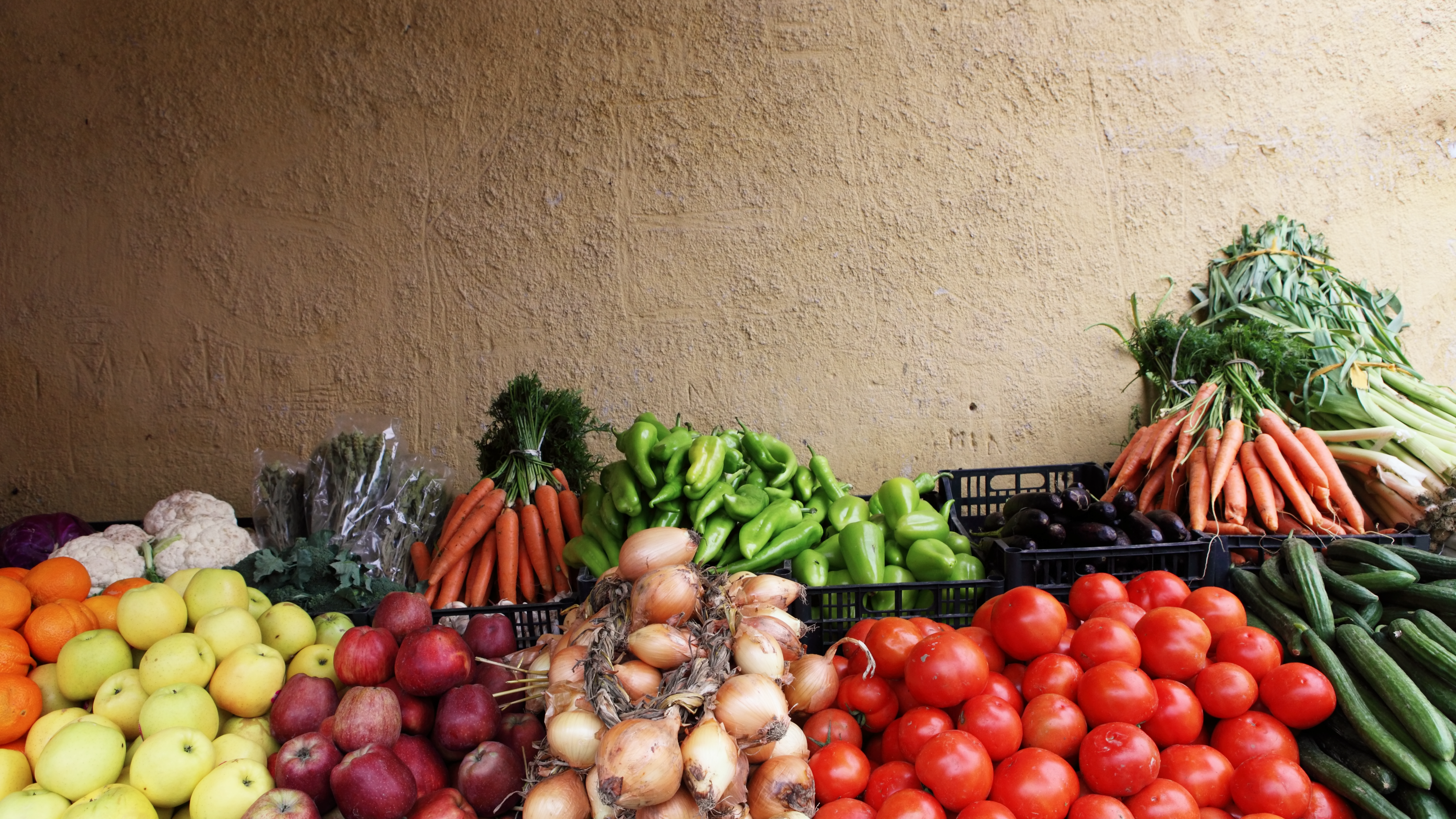Find the full article here.
Avocados are a favorite among many for their creamy consistency and healthy fats. The most common types of avocados found in grocery stores across the U.S., Hass and fuerte varieties, are typically grown in Mexico, California and Peru. But the humble avocado is getting a new stomping ground: Kenya.
Is a Kenyan avocado any different than its counterparts from other locales? Serena Poon, a certified nutritionist and wellness expert says not really. “Hass avocados change colors and soften when they ripen,” she explains of the variety, which is among the types grown in Kenya. “Their meat is softer and generally has a nuttier richer flavor than fuerte avocados.”
“Fuerte avocados are generally larger than [the Hass variety],” Poon adds. “Their skin remains green when they ripen, they have a lower oil content and their meat is not as soft as a Hass avocado.”
Poon says all avocados contain nutrients like folate, magnesium, potassium, riboflavin and niacin. So, wherever that avocado you’re adding to a salad, burrito or guacamole recipe comes from, you’re getting the same nutritional bang for your buck.
But why are avocados starting to be farmed in Kenya? It’s all about supply and demand. As more avocados are needed in the U.S., farms in Kenya are upping their capability to grow the nutrient-rich fruit.
What are Kenyan avocados?
Kenyan avocados get their name from the location where they are grown. Similar to the conditions in Mexico, California and Peru, Kenya provides a stable environment for growing avocados with its fertile soils and mild climate.
“Kenya is located at the tropics and at an altitude of 5,000 feet above sea level, which offers ideal climatic conditions throughout the year with low humidity and mild temperatures,” Stergios Gkaliamoutsas, managing director for Del Monte Kenya, tells Yahoo Life.





